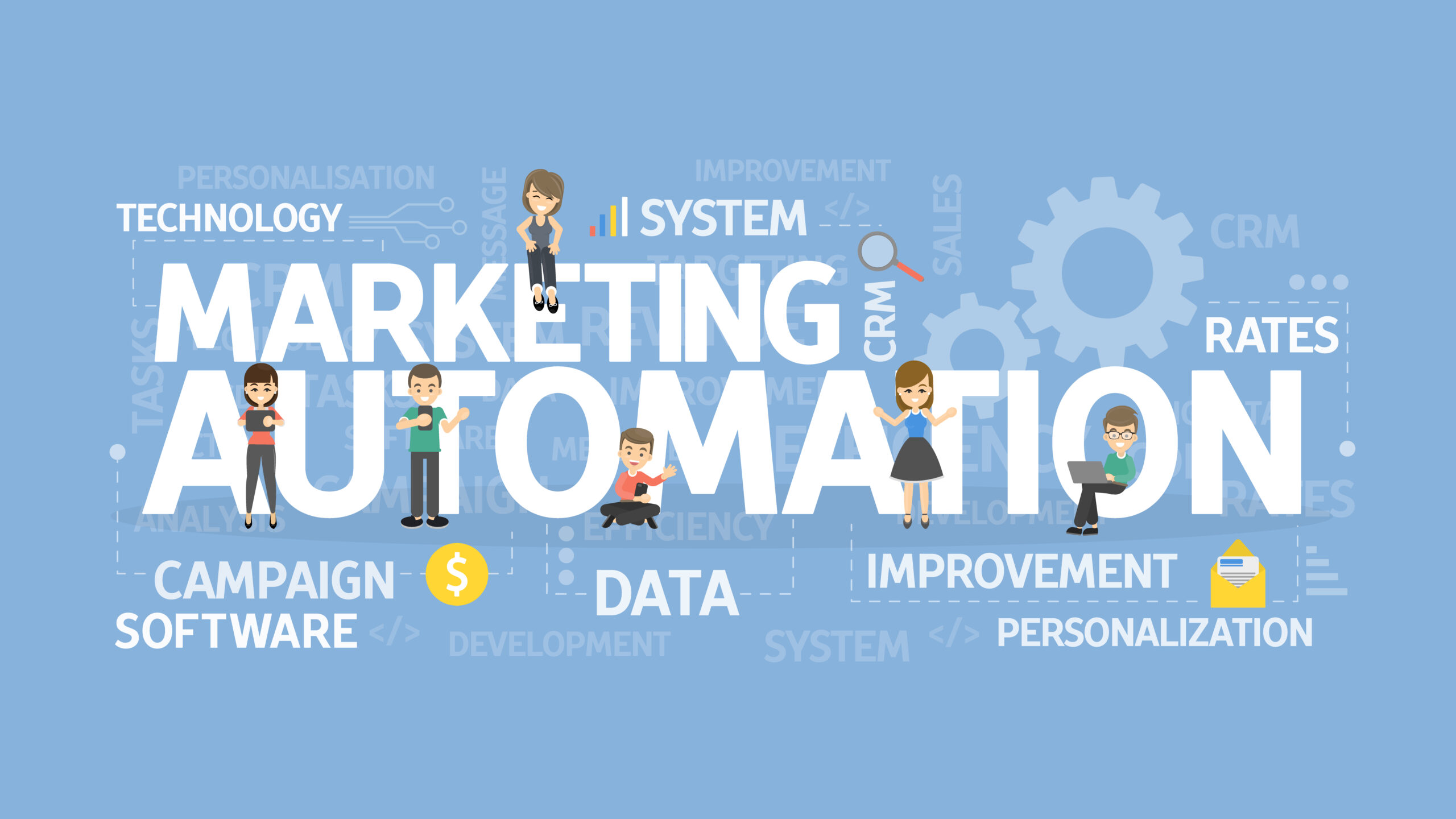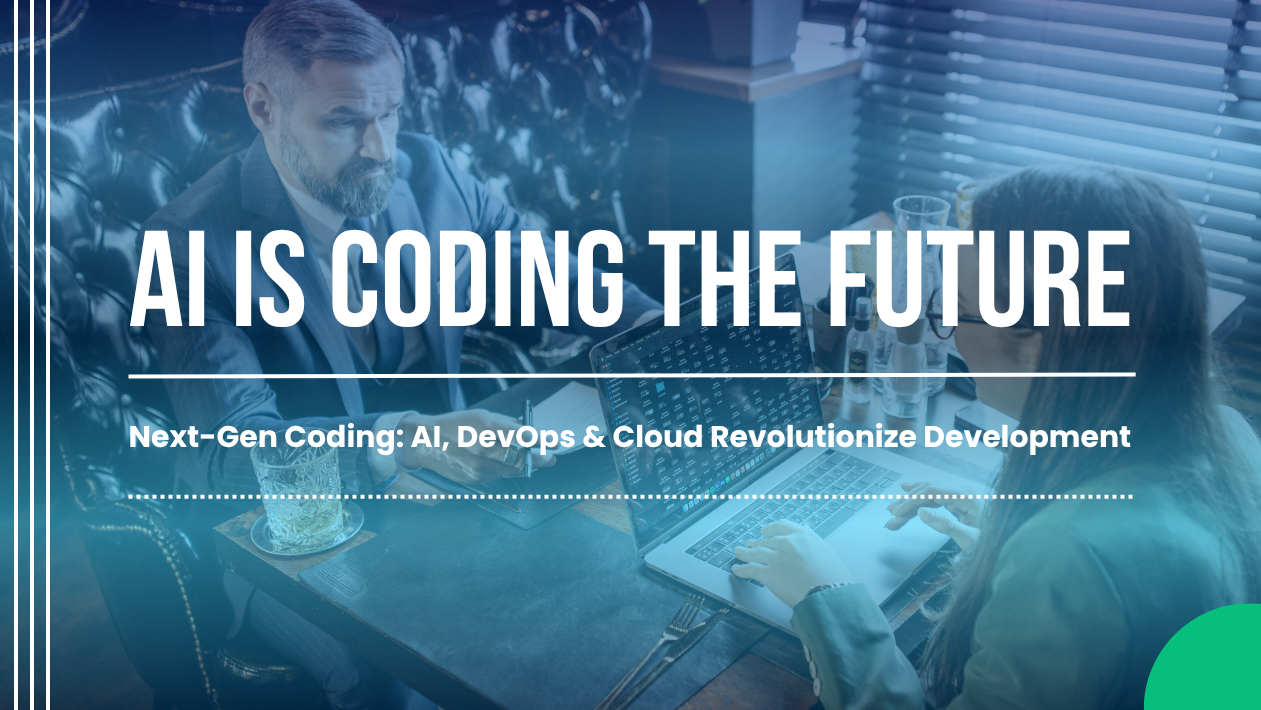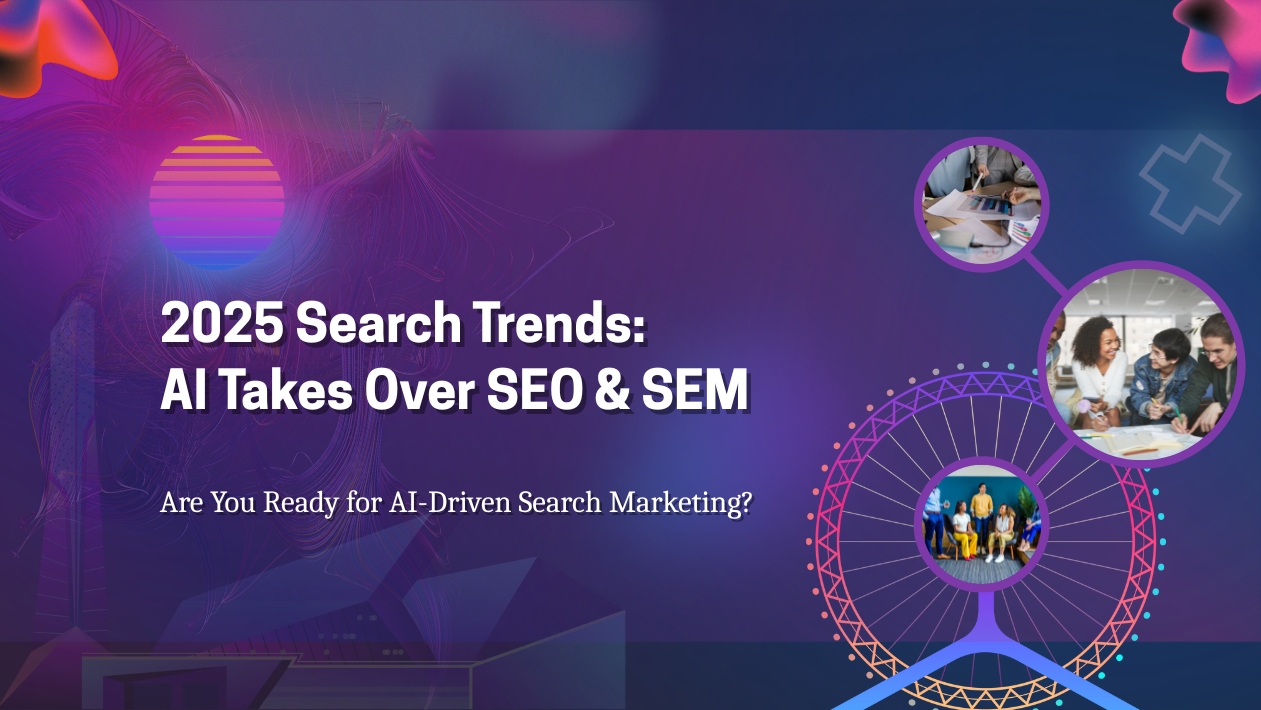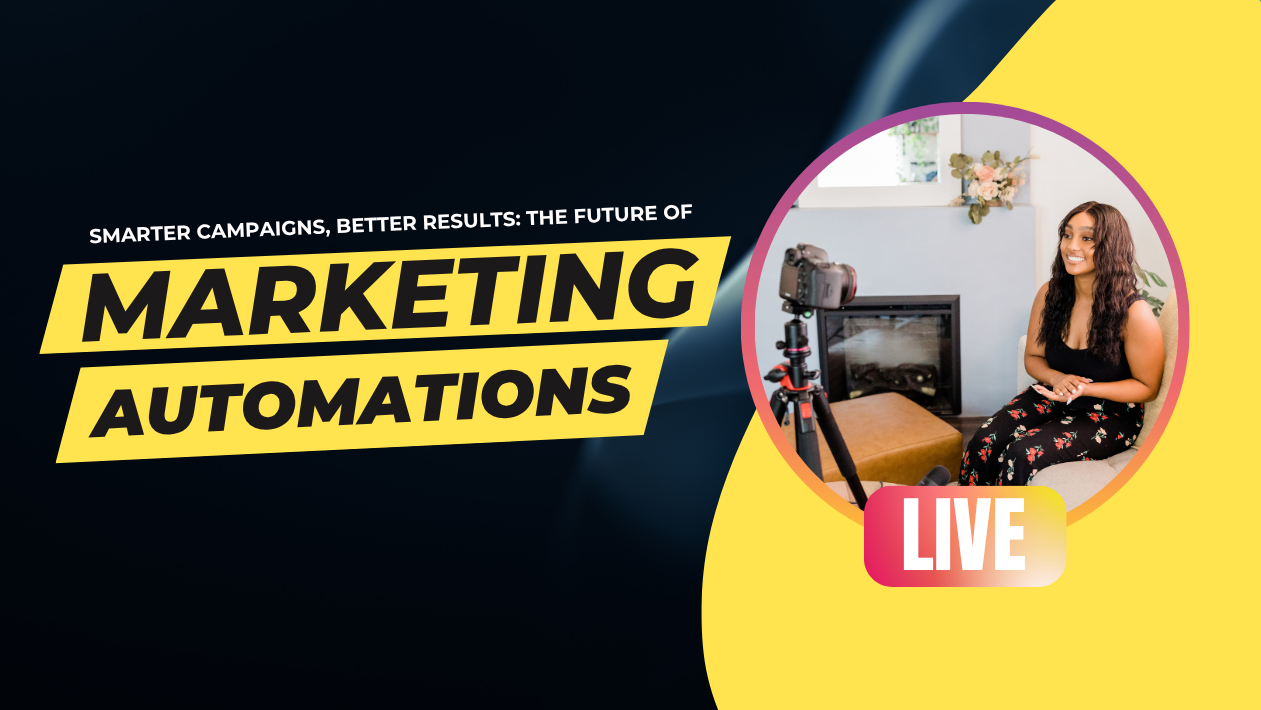In the competitive world of digital marketing, automation is no longer a luxury—it’s a necessity. As we move through 2025, businesses of all sizes are leveraging advanced marketing automation platforms to drive revenue, personalize customer experiences, and reduce manual effort across campaigns.
With the rise of AI, machine learning, and real-time data analytics, modern marketing automation is transforming from basic workflow scheduling into intelligent engagement engines.
AI Personalization Takes Center Stage
In 2025, AI-enabled platforms like Salesforce Marketing Cloud, HubSpot AI, and Adobe Journey Optimizer are empowering marketers to deliver hyper-personalized content at scale. These tools analyze behavior patterns, purchase history, and engagement signals to deliver the right message—at the right time—to the right audience.
From personalized email subject lines to real-time content recommendations on websites, AI is helping marketers increase click-through rates, conversion, and customer loyalty.
Omnichannel Automation Becomes the Norm
Marketing automation is now seamlessly integrated across email, SMS, chatbots, social media, push notifications, and even connected TV ads. Omnichannel orchestration ensures that customers receive consistent, relevant messaging regardless of the platform they’re on.
Marketers are building end-to-end customer journeys that dynamically adjust based on user behavior, device type, and previous interactions—powered by unified customer data platforms (CDPs).
Predictive Analytics Powers Proactive Campaigns
Rather than reacting to customer actions, 2025’s automation platforms use predictive analytics to anticipate behavior. For example, eCommerce brands can identify users likely to churn or likely to buy again, and automatically trigger re-engagement campaigns or personalized offers.
These proactive insights are allowing businesses to reduce churn, increase LTV (lifetime value), and build longer-lasting relationships.
Lead Scoring and Sales Alignment Get Smarter
B2B marketing automation platforms are now integrating AI-powered lead scoring, prioritizing prospects based on likelihood to convert, deal size, and engagement quality. Sales teams receive qualified leads faster, reducing friction between departments and accelerating pipeline velocity.
Tools like Marketo, Pardot, and ActiveCampaign now offer CRM sync, AI chat assistants, and automated follow-ups that drive more meaningful interactions.
Privacy and Compliance Remain Key Focus Areas
With global regulations like GDPR, CCPA, and India’s DPDP Act becoming stricter, marketing automation tools are evolving to include built-in compliance features such as consent tracking, data anonymization, and auto-delete routines.
Ethical automation is a top priority—balancing personalization with privacy.





